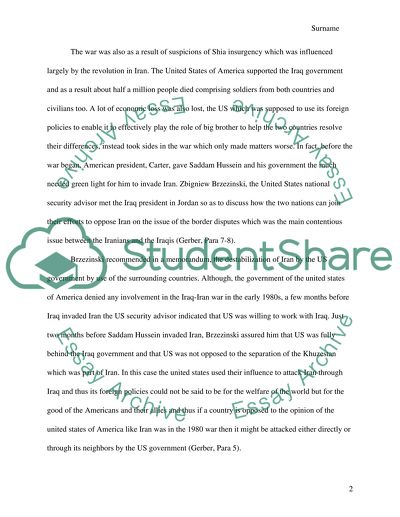Cite this document
(“US foreign policy during the Iraq Iran war Essay”, n.d.)
US foreign policy during the Iraq Iran war Essay. Retrieved from https://studentshare.org/politics/1499932-us-foreign-policy-during-the-iraq-iran-war
US foreign policy during the Iraq Iran war Essay. Retrieved from https://studentshare.org/politics/1499932-us-foreign-policy-during-the-iraq-iran-war
(US Foreign Policy During the Iraq Iran War Essay)
US Foreign Policy During the Iraq Iran War Essay. https://studentshare.org/politics/1499932-us-foreign-policy-during-the-iraq-iran-war.
US Foreign Policy During the Iraq Iran War Essay. https://studentshare.org/politics/1499932-us-foreign-policy-during-the-iraq-iran-war.
“US Foreign Policy During the Iraq Iran War Essay”, n.d. https://studentshare.org/politics/1499932-us-foreign-policy-during-the-iraq-iran-war.


